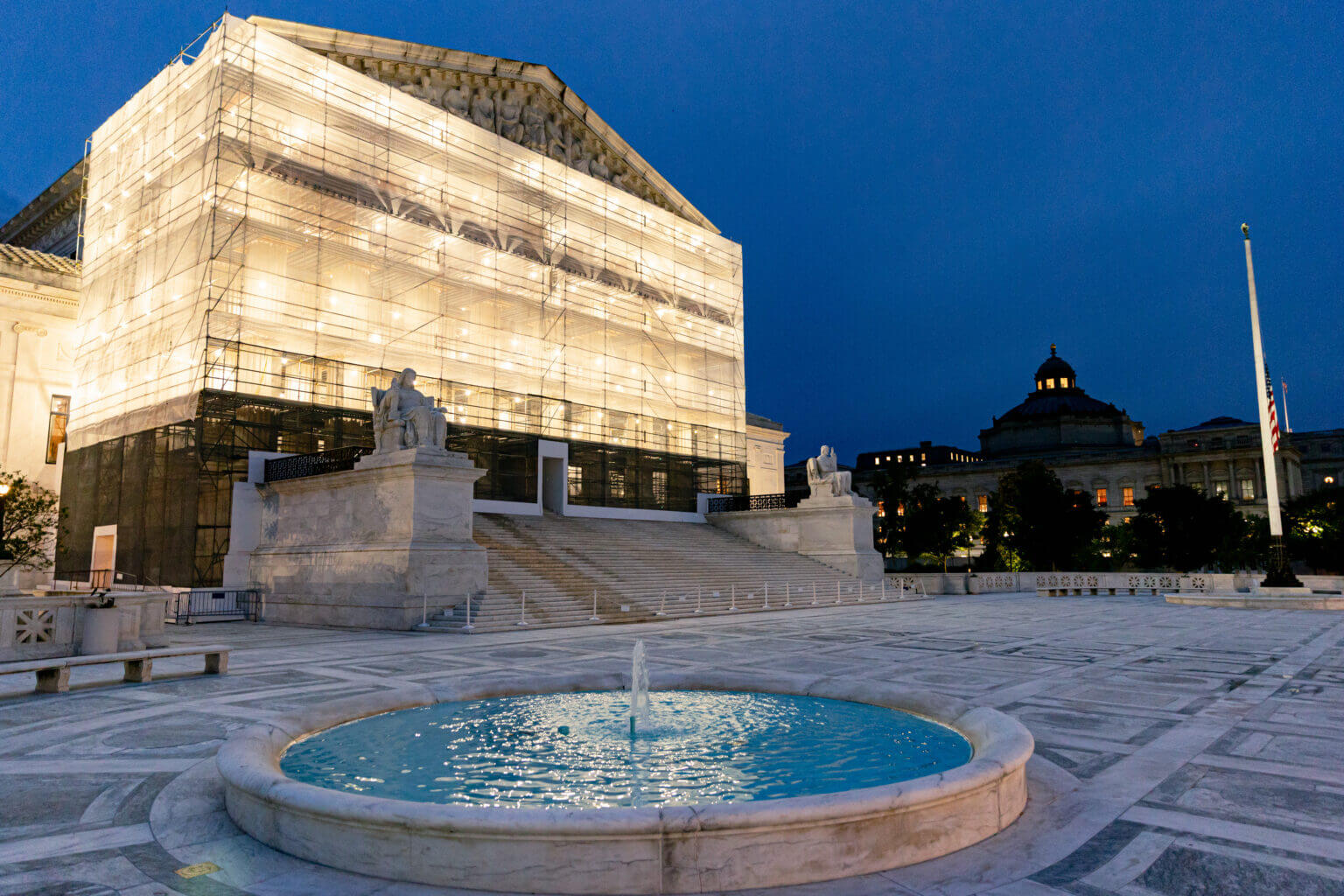Supreme Court to Review Case of Rastafarian Prisoner Denied Religious Rights
In a significant move, the Supreme Court announced on Monday that it will hear the case of Damon Landor, a devout Rastafarian whose head was forcibly shaved by Louisiana correctional officers despite his explicit religious commitment to maintaining his dreadlocks. This case raises critical questions about the extent of federal protections for religious expression within the prison system.
Legal Background and Key Parties Involved
Louisiana’s Attorney General, representing the state’s correctional authorities, along with lower court judges who previously dismissed Landor’s claims, have publicly condemned the treatment he received. However, the central issue before the Supreme Court is whether federal laws safeguarding religious practices allow inmates like Landor to pursue monetary damages against prison officials. The lower courts have maintained that existing statutes prohibit such lawsuits, citing prior judicial rulings. Conversely, Landor’s legal team and the Biden administration argue that these protections should permit individuals to seek financial redress.
Recent Trends in Religious Rights and Court Decisions
Over recent years, the Supreme Court has increasingly favored religious interests, often expanding the influence of faith-based considerations in public policy. For instance, earlier this month, the Court unanimously sided with a Catholic charity in Wisconsin, ruling that the state’s denial of a tax exemption was discriminatory based on religion. Conversely, the Court deadlocked in a case involving a proposed religious public charter school in Oklahoma, leaving a lower court’s rejection intact. These decisions reflect a broader judicial trend toward prioritizing religious freedoms, even amid complex legal debates.
Landor’s Religious Commitment and the Incident in Prison
For nearly twenty years, Landor adhered to his faith by refusing to cut his dreadlocks, which grew to nearly his knees at their peak. His religious observance was interrupted when he was sentenced to five months in a Louisiana prison for drug possession. Upon his arrival at Raymond Laborde Correctional Center in December 2020, Landor explicitly informed staff of his Rastafarian beliefs and provided documentation of prior accommodations granted for his religious practices. This included a 2017 ruling from the U.S. Court of Appeals for the Fifth Circuit, which recognized that Louisiana’s policy of forcibly cutting the hair of Rastafarian inmates violated federal protections for religious exercise.
Despite this, prison guards dismissed his religious documentation, discarded his paperwork, and summoned the warden. Court records describe how Landor was restrained, handcuffed to a chair, and forcibly shaved, an act that deeply violated his religious convictions.
Legal Action and the Fight for Religious Protections
In response, Landor filed a lawsuit against the Louisiana Department of Corrections, the prison administration, and the warden, asserting violations of the Religious Land Use and Institutionalized Persons Act (RLUIPA). This law prohibits government entities from imposing substantial burdens on religious practices unless there is a compelling justification. The case also involved the Religious Freedom Restoration Act (RFRA), which allows individuals to seek monetary damages from federal officials in their personal capacities.
However, lower courts have interpreted these statutes differently. They argued that RLUIPA functions more like a contractual agreement under Congress’s spending powers, limiting liability to the state itself and excluding individual officials from financial responsibility. A panel of the Fifth Circuit upheld this view, citing previous Supreme Court rulings that emphasized context-dependent interpretations of legal language.
Calls for a Broader Interpretation of Religious Protections
Despite the appellate court’s decision, dissenting judges argued that the statutes’ language and Supreme Court precedents support holding individual officials accountable. Judge Andrew Oldham, joined by five colleagues, emphasized that if the laws aim to protect religious exercise in prisons, then holding officials financially responsible would serve as an effective deterrent against violations.
Government and Advocacy Perspectives
The Biden administration has expressed support for Landor’s position, urging the Supreme Court to interpret the statutes consistently and in harmony. Meanwhile, Louisiana’s Attorney General, Elizabeth B. Murrill, condemned the incident and stated that the state has since revised its grooming policies to prevent similar violations. She also warned that allowing inmates to sue for damages could exacerbate staffing shortages, as prison personnel might become hesitant to enforce rules for fear of legal repercussions.
Implications for Religious Freedom and Prison Policies
The upcoming Supreme Court decision will have far-reaching implications for religious rights within correctional facilities and beyond. If the Court rules in favor of Landor, it could pave the way for more inmates to seek damages for religious violations, prompting prisons nationwide to reevaluate their policies. Conversely, a ruling upholding the lower courts’ stance might reinforce the limitations on legal recourse for religious inmates, emphasizing the need for clear policies that balance security and religious freedom.
This case exemplifies the ongoing legal debate over the scope of religious protections in institutional settings, highlighting the importance of ensuring that faith-based rights are respected without compromising safety and order in correctional environments.

